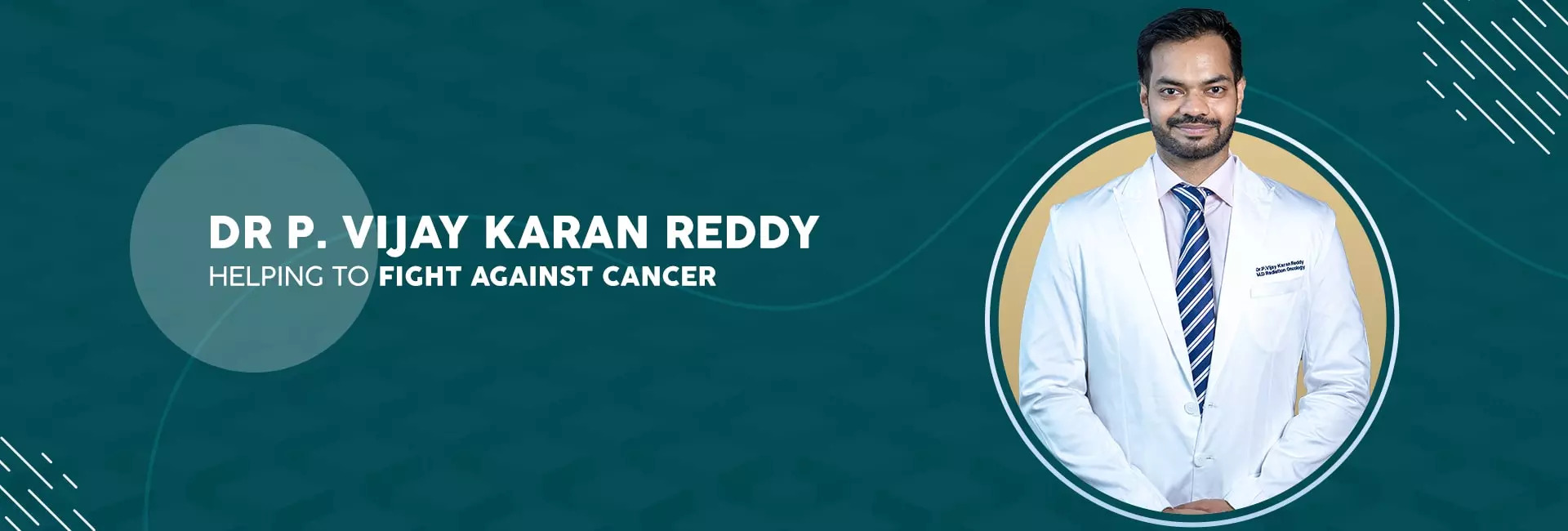Esophageal cancer, a malignant tumor that arises from the esophagus, is a growing concern worldwide. The esophagus, a muscular tube connecting the throat to the stomach, plays an integral role in digestion. When cells in this tube become cancerous, it leads to esophageal cancer. This article delves into a thorough understanding of esophageal cancer, its causes, types, symptoms, and available treatment options.
Anatomy of the Esophagus
The esophagus, measuring approximately 10 inches in length, is divided into three sections:
Cervical Esophagus: The uppermost section closest to the throat.
Thoracic Esophagus: The middle section located in the chest.
Abdominal Esophagus: The lower section connecting to the stomach.
These divisions help physicians determine the exact location and extent of the cancerous growth.
Types of Esophageal Cancer
Two primary types of esophageal cancer affect individuals:
Adenocarcinoma: Originates in the mucus-secreting glandular cells, commonly found in the lower esophagus.
Squamous Cell Carcinoma: Arises from the flat, thin cells lining the esophagus and is typically located in the upper and middle portions.
Risk Factors and Causes
Several factors increase the risk of developing esophageal cancer:
Chronic Gastroesophageal Reflux Disease (GERD): Long-term GERD can lead to a condition called Barrett's esophagus, which elevates cancer risk.
Smoking: Tobacco users, whether from cigarettes, cigars, or pipes, have a higher likelihood of developing esophageal cancer.
Heavy Alcohol Consumption: Excessive alcohol intake, especially when combined with smoking, exponentially increases the risk.
Poor Diet: Lack of fruits and vegetables in the diet can be detrimental.
Obesity: Increased body weight is linked to higher chances of adenocarcinoma.
Achalasia: A condition where the esophagus fails to move food into the stomach.
Age: Older adults, especially those over 55, are more susceptible.
Recognizing the Symptoms
It's essential to detect and address esophageal cancer early. Key symptoms include:
Difficulty swallowing (dysphagia)
Chest pain or discomfort
Weight loss without trying
Hoarseness or chronic cough
Heartburn or indigestion
Diagnostic Procedures
When esophageal cancer is suspected, several tests can confirm the diagnosis:
Endoscopy: A procedure where a flexible tube with a camera is inserted down the throat to inspect the esophagus.
Biopsy: Removal of tissue samples for laboratory analysis.
Imaging Tests: CT scans, MRIs, and PET scans can determine cancer's extent and if it has spread.
Treatment Modalities
Treatment is based on the cancer type, its stage, and the patient's overall health. Common treatments include:
Surgery: Removal of the tumor or affected section of the esophagus.
Radiation Therapy: Using high-energy rays to kill cancer cells.
Chemotherapy: Drugs designed to kill or halt the growth of cancer cells.
Targeted Drug Therapy: Medications targeting specific weaknesses in cancer cells.
Immunotherapy: Boosting the body's natural defense to combat cancer.
Prevention and Lifestyle Changes
While not all cases can be prevented, certain lifestyle modifications can minimize risk:
Limiting alcohol consumption
Quitting smoking
Maintaining a balanced diet rich in fruits and vegetables
Regular screenings if you have chronic GERD or Barrett's esophagus
Keeping a healthy weight
In conclusion, esophageal cancer treatment in Hyderabad, though severe, can be managed with early detection and appropriate treatment. Regular check-ups with the Best Oncologist In Hyderabad and a keen awareness of symptoms can be pivotal in ensuring optimal health outcomes.


